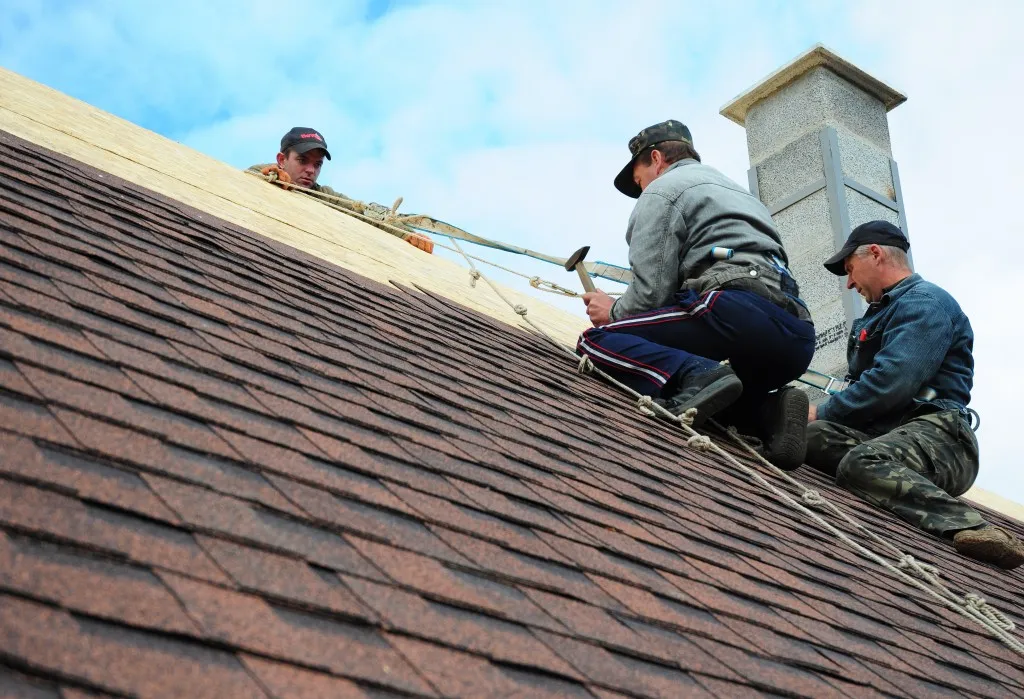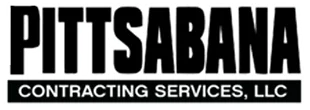Roofing is one of the most important and expensive home improvement projects you can undertake. Unfortunately, it is also one of the most vulnerable to scams and frauds. Unscrupulous roofers may try to take advantage of homeowners who are in need of a new roof or repairs, especially after a storm or other natural disaster.
To protect yourself from getting ripped off by roofing scams, you need to be aware of the warning signs and red flags that indicate a potential scammer. Here are some of the most common types of roofing scams and how to spot them:
1. The Storm Chaser
This scam involves a roofer who shows up at your door uninvited after a storm or other weather event, claiming to have noticed damage on your roof. They may offer you a free inspection or estimate, and pressure you to sign a contract on the spot. They may also ask for a large upfront payment or claim to work with your insurance company.
The storm chaser is usually not licensed, insured, or local. They may use low-quality materials, perform shoddy workmanship, or disappear with your money without completing the job. To avoid this scam, never hire a roofer who solicits you door-to-door without checking their credentials and references. Always get multiple estimates from reputable contractors before signing any contract. And never pay in full until the work is done and inspected.
2. The Extremely Low Bid
This scam involves a roofer who offers you an estimate that is much lower than other contractors in your area. They may claim to have leftover materials from another job, or offer you a special deal if you act fast.
The extremely low bid is usually too good to be true. The roofer may cut corners on quality, use substandard materials, inflate the costs later with hidden fees or extras, or fail to honor their warranty or guarantee. To avoid this scam, always compare estimates from at least three different contractors before hiring one. Make sure the estimates are detailed and include all aspects of the project such as materials, labor, permits, cleanup etc.
3. The Mysterious Damage
This scam involves a roofer who claims to have found damage on your roof that you were not aware of or that was not visible from the ground level. They may show you photos or videos of the alleged damage and urge you to act quickly before it gets worse.
The mysterious damage is often fabricated or exaggerated by the roofer to convince you that you need repairs or replacement that are not necessary. The roofer may also cause intentional damage on your roof during their inspection such as breaking shingles or tiles etc., which they will then charge you for fixing later.
To avoid this scam, always ask for a second opinion from another contractor or your insurance company before agreeing to any repairs or replacement. Also, inspect your roof yourself or with a trusted friend or family member before and after any work is done.
4. The Large Down Payment
This scam involves a roofer who demands a very large down payment (more than 50% of the total cost) before starting any work on your roof. They may claim that they need the money to buy materials, pay their workers, or secure their spot on their schedule.
The large down payment is often a sign that the roofer is not trustworthy or reliable. They may take your money and run away without doing any work, or they may do a poor job and then refuse to finish it or fix it unless you pay more. To avoid this scam, never pay more than 10% of the total cost upfront, and only pay the rest after the work is completed and inspected to your satisfaction.
5. The Problem-Reaction-Solution
This scam involves a roofer who creates a problem on your roof (or exaggerates an existing one) and then offers you a solution that benefits them more than you. They may damage your roof during their inspection, tell you that you need unnecessary repairs or replacement, or offer you a low-quality product or service.
The problem-reaction-solution scam is designed to manipulate you into making a hasty decision based on fear or urgency. The roofer may use scare tactics such as telling you that your roof is unsafe, leaking, or about to collapse. To avoid this scam, lways do your own research and get a second opinion before agreeing to any work. Also, ask for a written contract that specifies the scope, cost, and duration of the project.
6. The Free Inspection
This scam involves a roofer who offers you a free inspection of your roof, either by phone, online, or in person. They may claim that they are doing a promotion, a survey, or a public service.
The free inspection is often a bait-and-switch tactic to get you to hire them for repairs or replacement that you may not need. The roofer may find or create problems on your roof during their inspection and then pressure you to sign a contract with them. They may also overcharge you for their services or use low-quality materials.
To avoid this scam, always be wary of unsolicited offers for free inspections, especially after a storm or other natural disaster. Only trust licensed and reputable roofers who have good reviews and references. Also, check with your insurance company before hiring any contractor to make sure they are approved and covered by your policy.
7. The Door-to-Door Salesman
This scam involves a roofer who knocks on your door and tries to sell you their services. They may claim that they are working in your neighborhood, that they have a special deal for you, or that they have leftover materials from another job.
The door-to-door salesman is often a sign of a shady or unqualified roofer who is looking for easy targets. They may not have a license, insurance, or warranty for their work. They may also use high-pressure sales tactics such as telling you that you have to act fast or that they only accept cash payments.
always do your homework and research any roofer who approaches you unsolicited. Look for their license, insurance, and online reviews. Compare their prices and services with other local roofers. Don’t sign anything or pay anything until you are satisfied with their credentials and reputation.
These are some of the most common roofing scams that homeowners need to watch out for. By being aware of these scams and how to avoid them, you can protect yourself from losing money and getting a poor-quality roof. Remember, a good roofer will always be honest, professional, and transparent with you.
If you need help finding a reliable roofer in your área, we recommend you to contact us, we are a professional roofing company. In Pittsabana we offer you the support you require without having to worry, since we are specialists in the roofing area. We attend you through our contacts. If you’re in the market for new roofing in Allegheny County, PA, turn to Pittsabana Contracting Services LLC Roofing Contractor in Ross Township, PA This local roofing company employs team members who are certified by CertainTeed and committed to delivering premium service on every job, from repairing storm-damaged commercial buildings to fully replacing residential roofs. Call (412) 580-6567 to speak with a friendly staff member to schedule service or visit the website to learn more about how they’ll help you.



